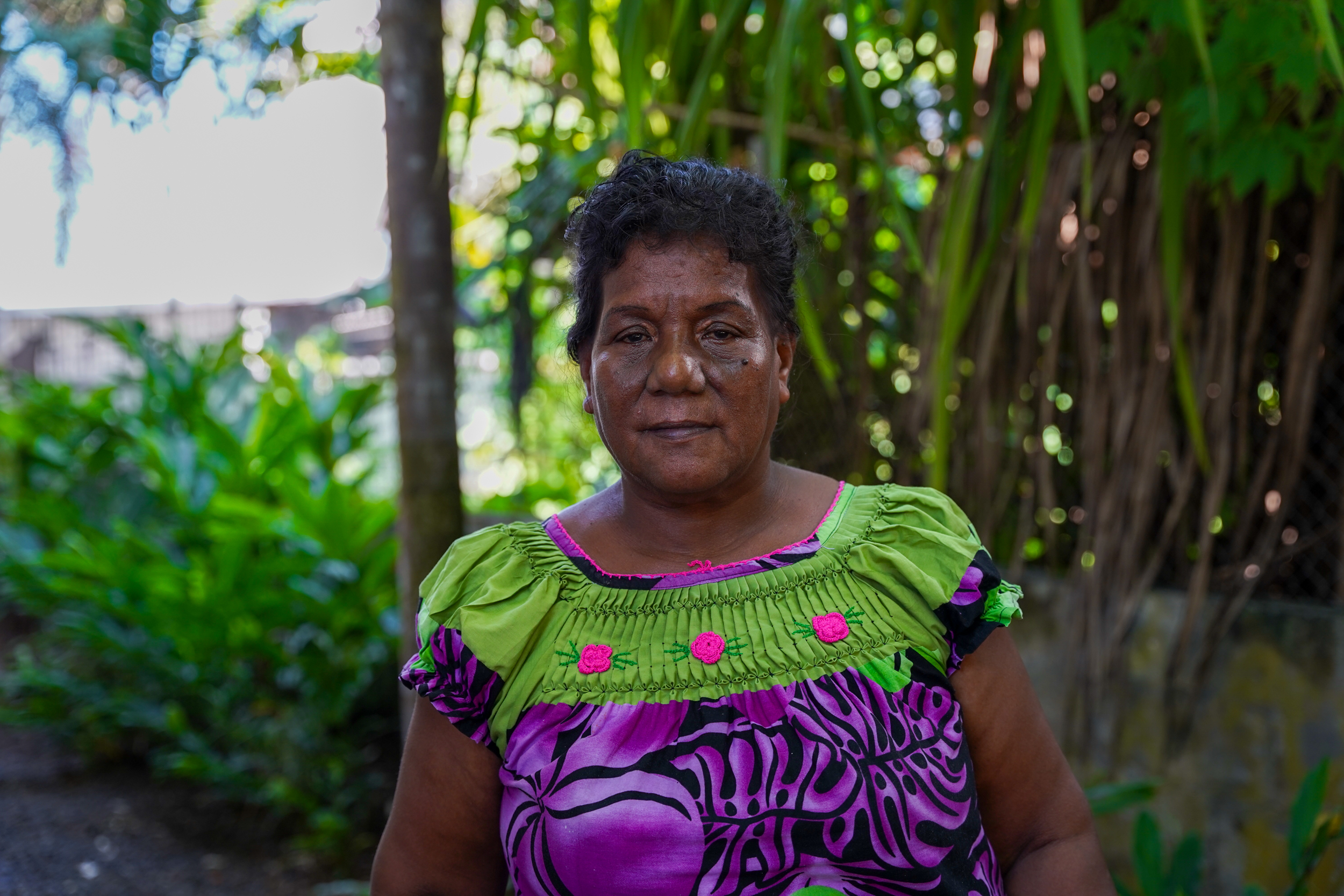
News
From Stage to Society
DJP Fellow Terubeimoa (Ruby) Nabetari Takes Center Stage in Driving Meaningful Social Change in Kiribati
July 2, 2023
APIA, Samoa – Terubeimoa Nabetari, or “Ruby” as she is known by her friends and family, has been using the skills she learned as a composer of music and drama to help her organization, Te Toa Matoa, get their messages across about the rights of persons with disabilities in Kiribati. She is an officer for a program through Te Toa Matoa that works to build the capacity of persons with disabilities in her country. Her dream is for her government to include and prioritize people with disabilities when creating new policies and laws on issues like responses to climate change and plans for new infrastructure.
Question: Tell me a bit about yourself and how you acquired your disability.
Answer: I am a mother and grandmother with five children and seven grandchildren. Before I became a disabled woman, I was well-known for my talents in composing music and drama. I acquired my disability in 2002 due to an accident, and in 2016, it got worse when I couldn’t walk and the doctor told me that something was wrong with my back.
Question: How did becoming disabled make you feel and what support did you get from those around you?
Answer: I felt sad and confused, and I felt that I had no more capacity and ability to do things, especially because I was well-known as a person who composed music and drama in my country. When people saw me using my crutches, they asked what happened and how I [acquired my disability], and I just wanted them to get away from me. However, support came from members of Te Toa Matoa, the umbrella organization for people with disabilities in Kiribati, as I had worked with them before I became disabled.
They kept calling and inviting me to visit their organization, even though I didn’t want anything to do with them. But as time went on, I thanked God that I changed my mind and started to realize what I have to offer people with disabilities in my work composing music and drama. Support also came from my husband who told me that being disabled is not the problem but that a person with my talents was needed, especially by organizations for persons with disabilities and women and youth organizations. I also get support from my children and family, as they are always there for me.
Question: Give one example of how you used your talents to help your organization.
Answer: I have been helping our organization Te Toa Matoa to produce awareness dramas and films on the different services provided by different government ministries. They give us their key messages, and I produce a story and help the members to perform their different roles. During one year, we did an awareness film on how to protect people from tuberculosis.
Question: In your work as a project officer for Te Toa Matoa, what are some issues being faced by people with disabilities in Kiribati and how are they being addressed?
Answer: Safe and clean drinking water isn’t available at times during flooding caused by climate change, so we have to buy and save bottled water for drinking and washing because water from the well and rainwater from tanks can become unsafe and can affect the health of all, including women with disabilities. Other issues include the need for accessible infrastructure, such as an accessible courthouse for wheelchair users, accessible early warning systems that are accessible to Deaf people and accessible healthcare for all, including persons with disabilities. These issues are addressed through collaborative projects with the Disability Rights Fund and relevant government ministries.
Question: Why is the DJP workshop important for you and your organization?
This is very important because it can help us to be visible to the public, and I think if we produce our film ourselves, our people are aware of what people with disabilities need and how they feel.
DJP Fellow Ari Hazelman is the disability inclusive officer for the Samoa Blind Persons Association, (SBPA), the only association in Samoa that deals with issues affecting blind and visually impaired people. Hazelman works with the SBPA’s Braille unit and is involved in the organization’s advocacy efforts. @2023 SBPA. All rights reserved.
News From the Global Frontlines of Disability Justice
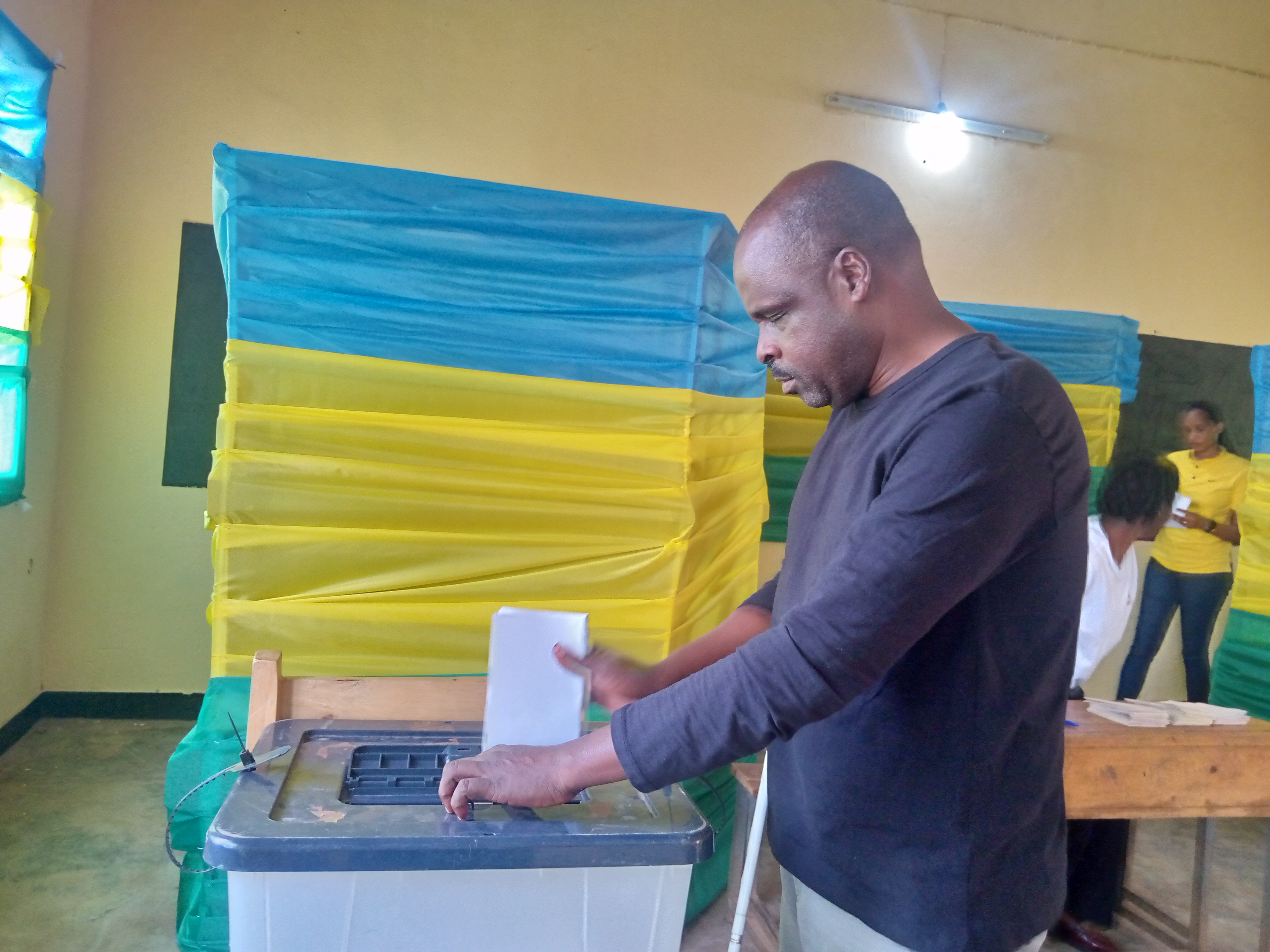
Advancing Democracy
Rwanda has made significant progress in making its elections more accessible, highlighted by the July 15 general elections where notable accommodations were provided. This was a major step forward in disabled Rwandans’ quest for equal rights and participation. “You cannot imagine how happy I am, for I have voted by myself and privately as others do accessibly,” says Jean Marie Vianney Mukeshimana, who used a Braille voting slate for the first time. “Voting is a deeply emotional and meaningful experience for a person with any disability in Rwanda, reflecting a blend of pride, empowerment, and hope.”
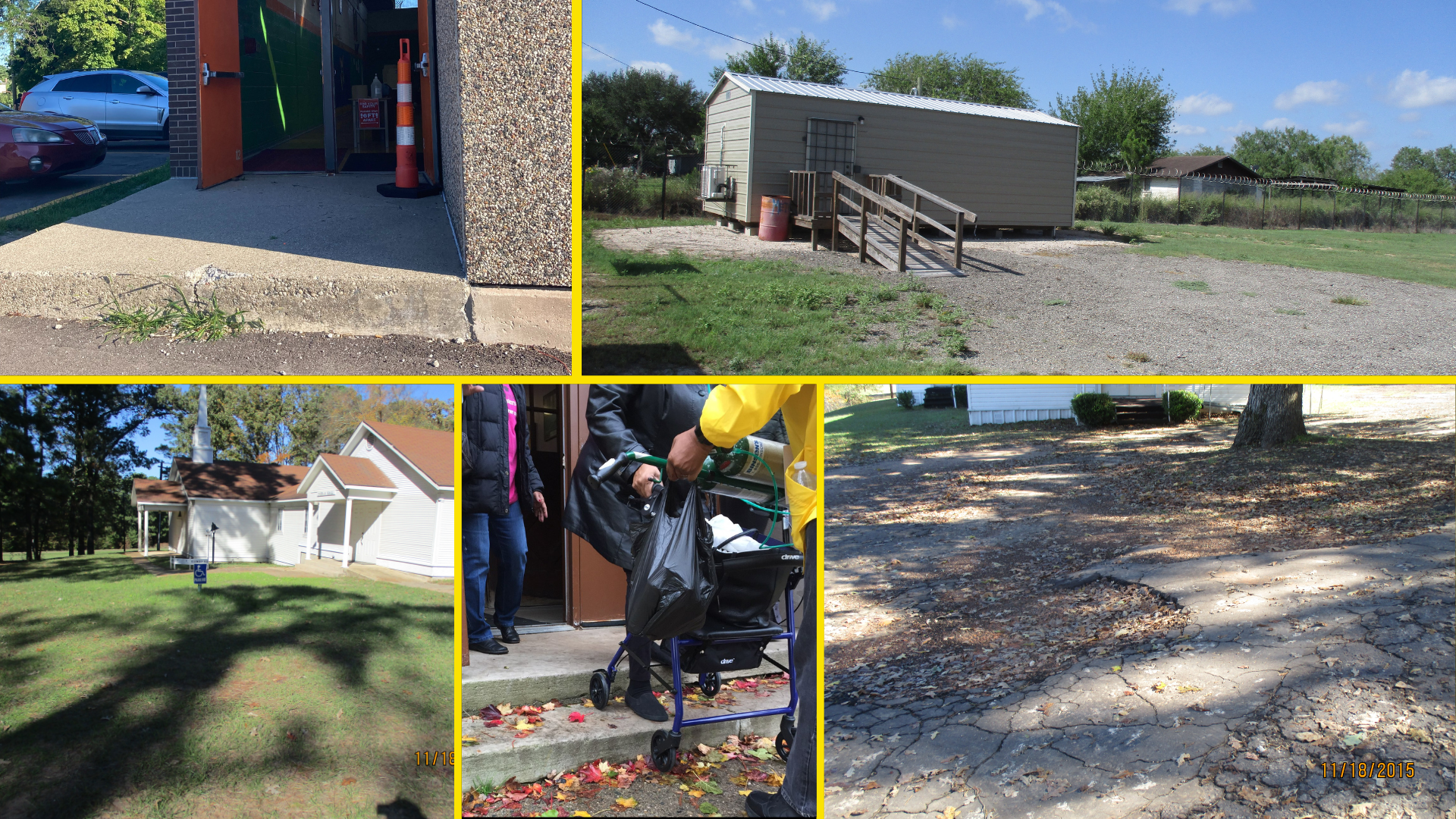
Barriers to the Ballot
Despite legislation like the Americans with Disabilities Act, barriers at the polls still hinder — and often prevent — people with disabilities from voting. New restrictive laws in some states, such as criminalizing assistance with voting, exacerbate these issues. Advocacy groups continue to fight for improved accessibility and increased voter turnout among disabled individuals, emphasizing the need for multiple voting options to accommodate diverse needs. ““Of course, we want to vote,” says Claire Stanley with the American Council of the Blind, “but if you can’t, you can’t.”
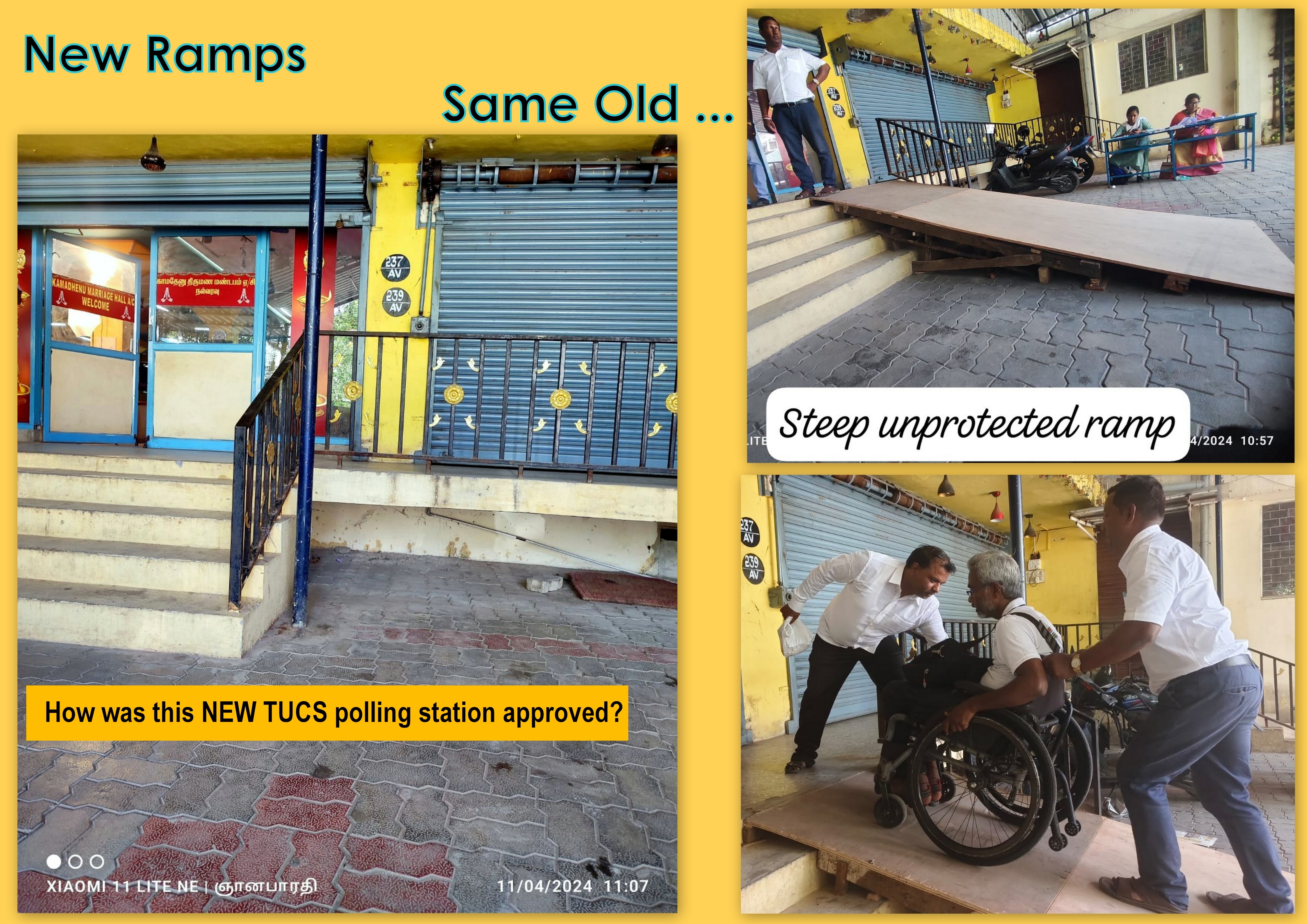
Democracy Denied
In 2024, a record number of voters worldwide will head to the polls, but many disabled individuals still face significant barriers. In India, inaccessible electronic voting machines and polling stations hinder the ability of disabled voters to cast their ballots independently. Despite legal protections and efforts to improve accessibility, systemic issues continue to prevent many from fully participating in the world’s largest democracy. “All across India, the perception of having made a place accessible,” says Vaishnavi Jayakumar of Disability Rights Alliance, “is to put a decent ramp at the entrance and some form of quasi-accessible toilet.”
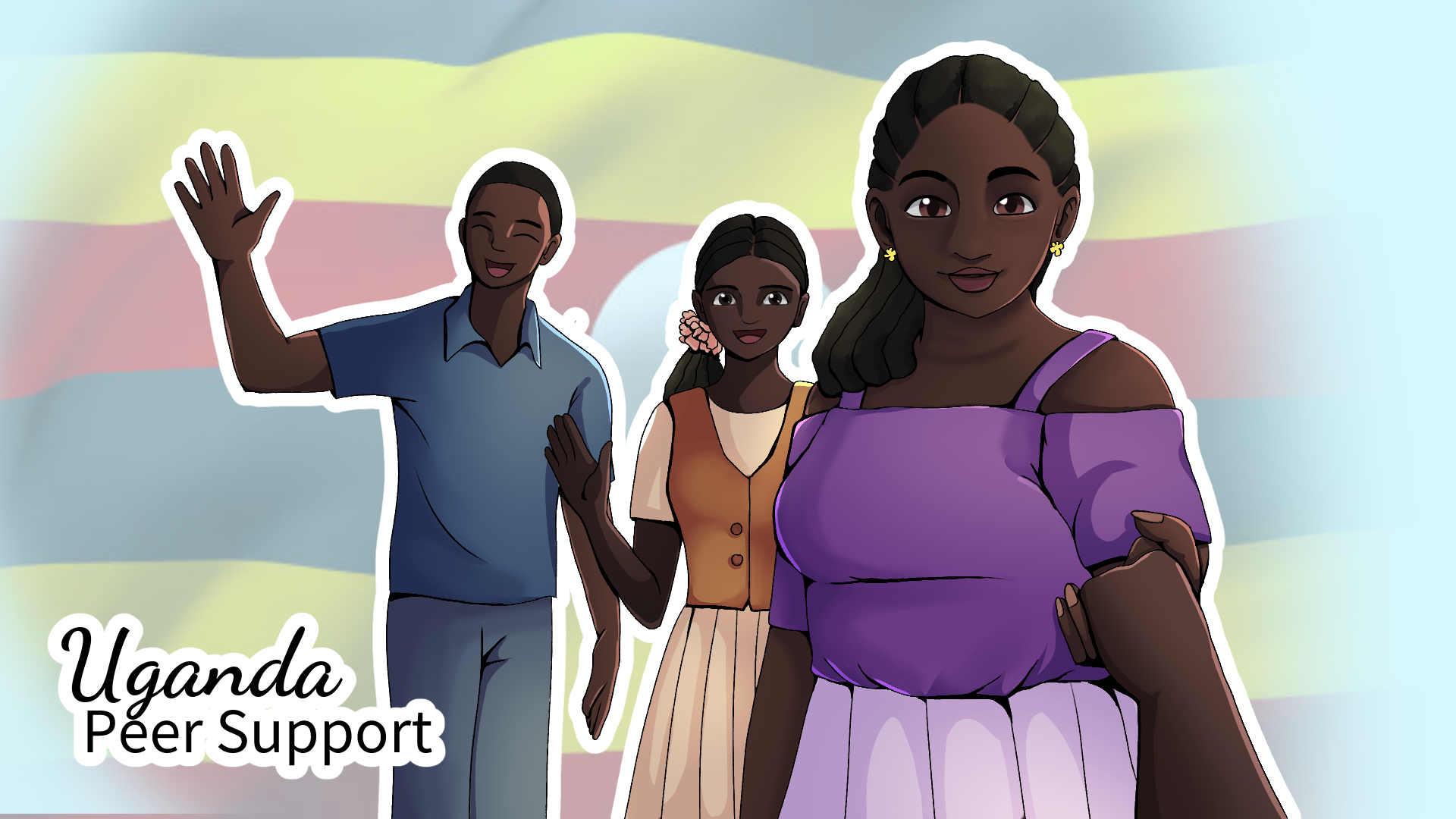
Triumph Over Despair
DJP Fellow Esther Suubi shares her journey of finding purpose in supporting others with psychosocial disabilities. She explores the transformative power of peer support and her evolution to becoming an advocate for mental health. “Whenever I see people back on their feet and thriving, they encourage me to continue supporting others so that I don’t leave anyone behind,” she says. “It is a process that is sometimes challenging, but it also helps me to learn, unlearn, and relearn new ways that I can support someone – and myself.”
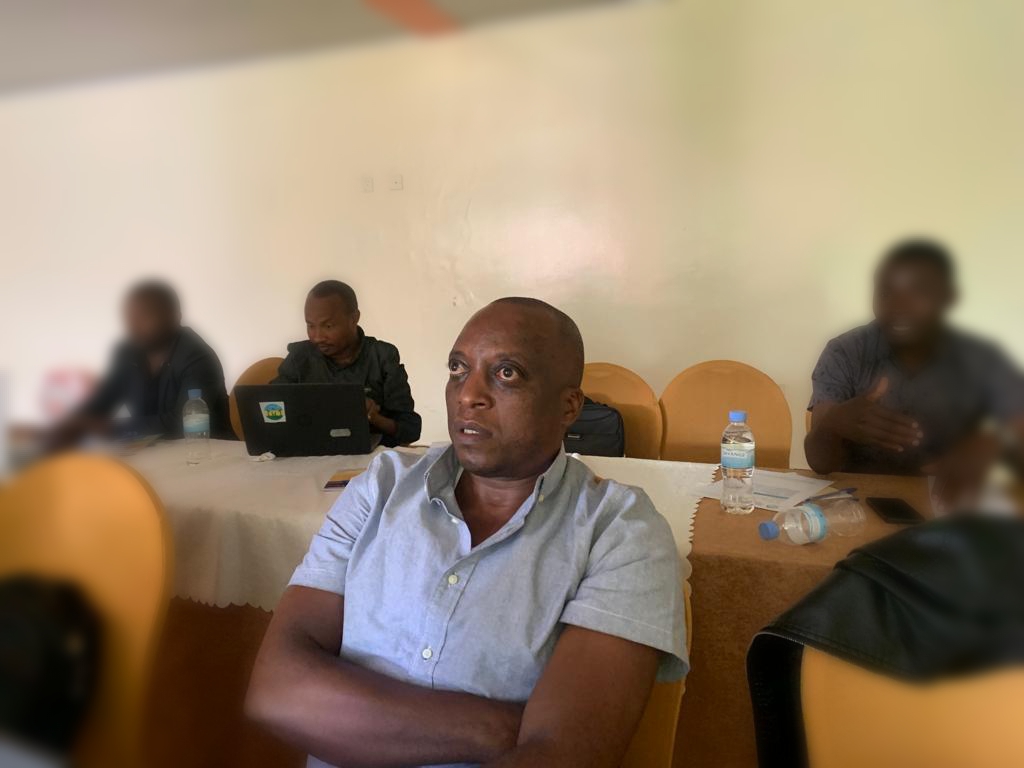
‘Our Vote Matters’
As Rwanda prepares for its presidential elections, voices like Daniel Mushimiyimana’s have a powerful message: every vote counts, including those of citizens with disabilities. Despite legal frameworks like the UN Convention on the Rights of Persons with Disabilities, challenges persist in translating these into practical, accessible voting experiences for over 446,453 Rwandans with disabilities. To cast a vote, blind people need to take a sighted relative to read the ballot. An electoral committee member must be present, violating the blind person’s voting privacy. “We want that to change in these coming elections,” says Mushimiyimana.
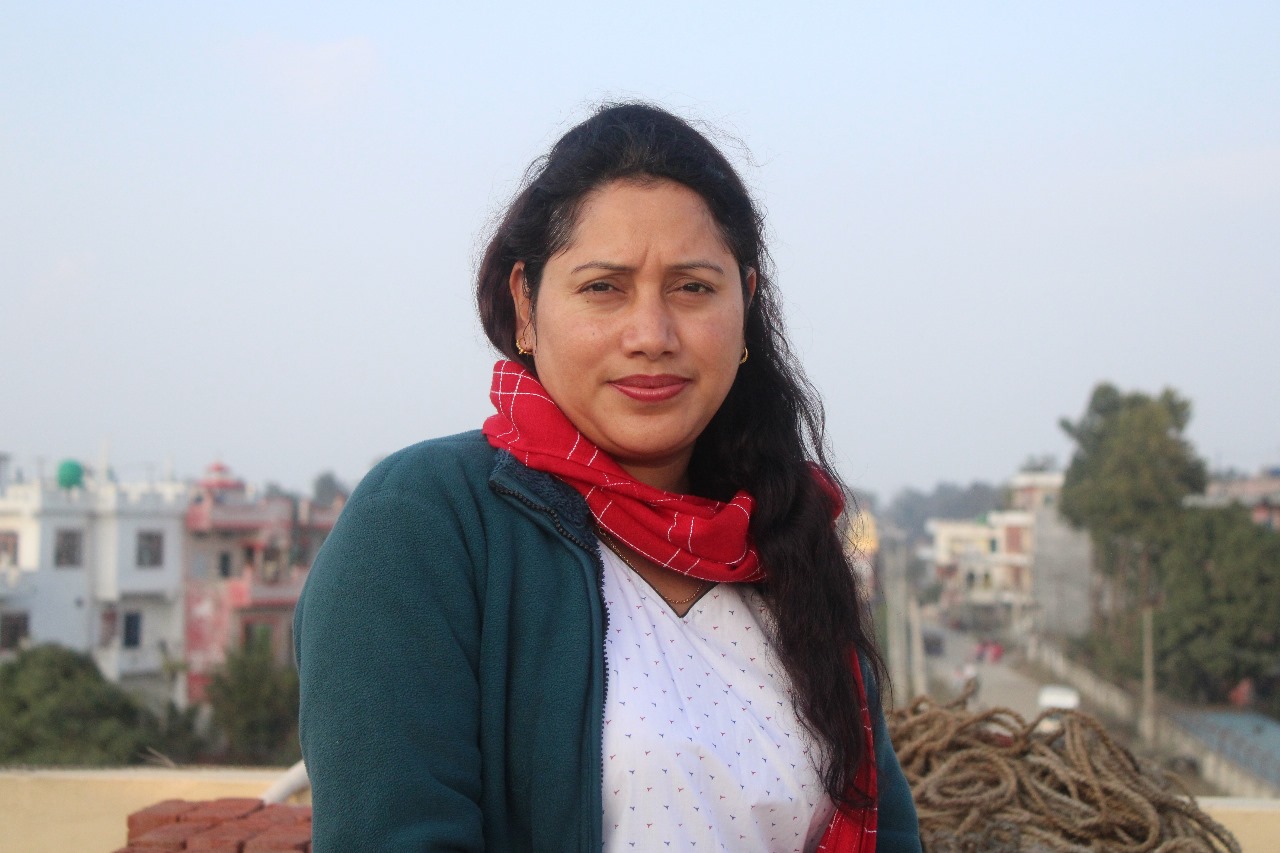
Voices Unsilenced
Often dismissed as a personal concern, mental health is a societal issue, according to Srijana KC, who works as a psychosocial counselor for the Nepali organization KOSHISH. KC’s own history includes a seizure disorder, which resulted in mental health challenges. She faced prejudice in both educational settings and the workplace, which pushed her towards becoming a street vendor to afford her medications. Now with KOSHISH, she coordinates peer support gatherings in different parts of Nepal. “It is crucial to instill hope in society, recognizing that individuals with psychosocial disabilities can significantly contribute,” she says.